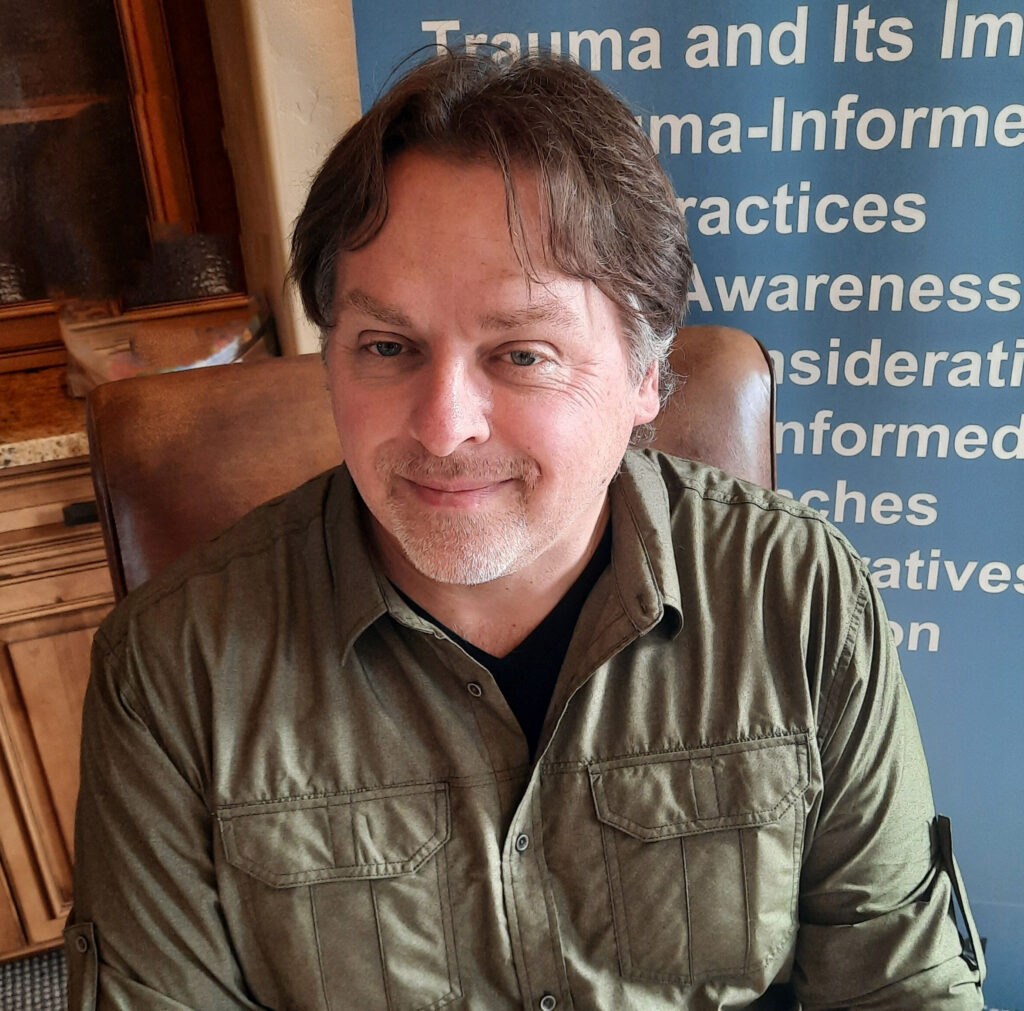Montana’s Peer Network offers consulting services for agencies, providers, peers, organizations and others who are looking to implement peer support services in their workplace or community.
We have provided consultation across Montana and are recognized as national experts on the subject. Consultation services include:
- Employer /Provider toolkit with examples of job descriptions, interview questions, certification information and more for hiring peer supporters.
- Program Development all 3 phases
- Recovery Program Must-Haves: 10 Guiding Principles of Recovery, Leadership, Culture, Peer Support, Barriers, Resources, Data, and Funding
- Readiness Assessments (Employer and Peer Supporter)
- Grant writing assistance to apply for funding to fund peer support programming
- On site Employer/Provider training (half day)
- Phone and email consultation
- Assistance with data collection, monitoring and evaluation
- 10+ years experience developing, managing and succeeding
- Consultation rates vary please inquire. Initial consultation free of charge.
Please contact Jim for more information.
Consulting Corner Blog
The Advantages of Mentoring: Fostering Growth and Development
Mentoring is a practice that has been an integral part of human development for centuries, dating back to the earliest civilizations. It involves an experienced individual providing guidance, support, and knowledge to a less experienced person, helping them navigate their personal and professional journeys. The advantages of mentoring are numerous and far-reaching, benefiting both the mentor and the mentee, as well as organizations and society as a whole. In this essay, we will delve into the many advantages of mentoring, exploring how this valuable practice promotes personal and professional growth, knowledge transfer, and the development of strong, lasting relationships.
Supporting the Supporter
Keeping your CBHPSS supported in their recovery is vital for retaining your employee long term. By the very definition, “Behavioral health peer support” means the use of a peer support specialist’s personal experience with a behavioral health disorder to provide support, mentoring, guidance, and advocacy and to offer hope to individuals with behavioral health disorders.” Your employee is a person who is in recovery. This means they are actively working on themselves, which may include peer support groups, medication, counseling, meditation, a regiment of diet and exercise, journaling and the list goes on and on. As their employer you may be thinking, “Where do I fit in?”
Hiring Peer Support Staff
Candidates often put on their best self, can embellish their credentials, and say what we want to hear. This provides us with false knowledge about a candidate and ultimately a decision which will cost the organization time, energy and dollars. Hiring the wrong person can lead to hours of retraining, coaching, and documenting an employee who will eventually be let go only to restart the process again. Then there is the shrinking workforce nationally. There simply are not as many people to fill healthcare related jobs. Getting it right the first time is important for any organization.


